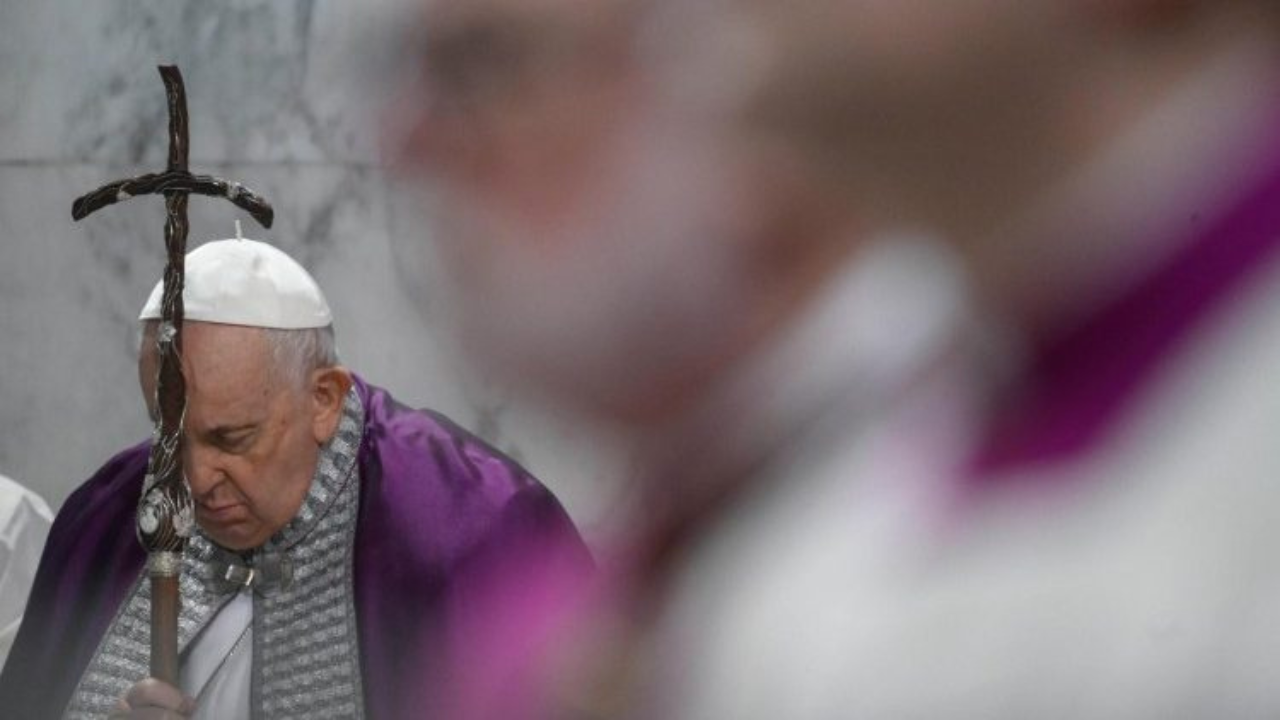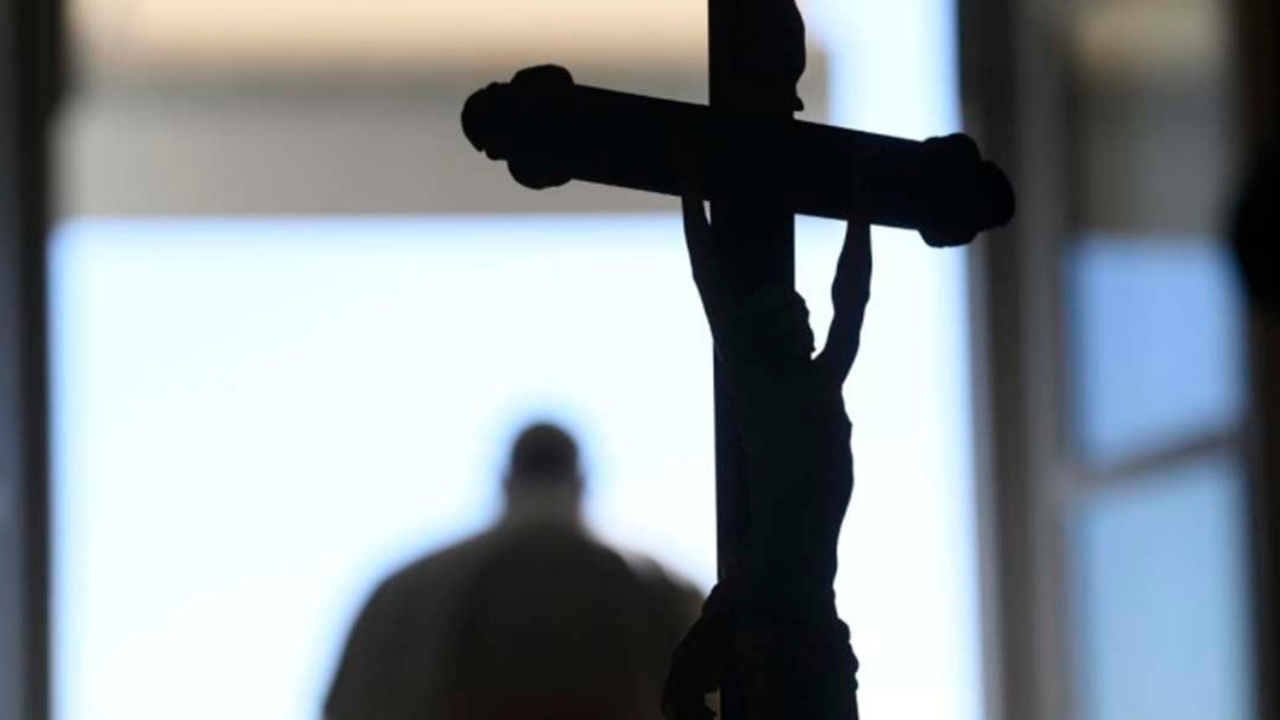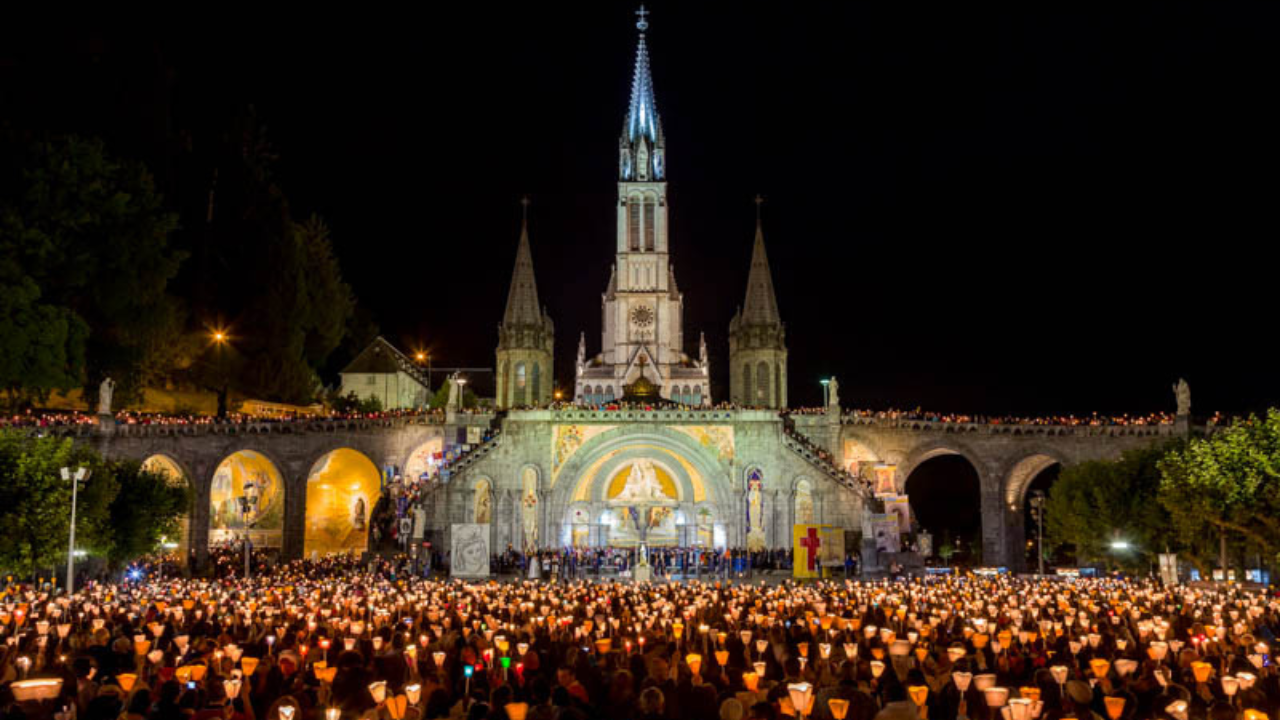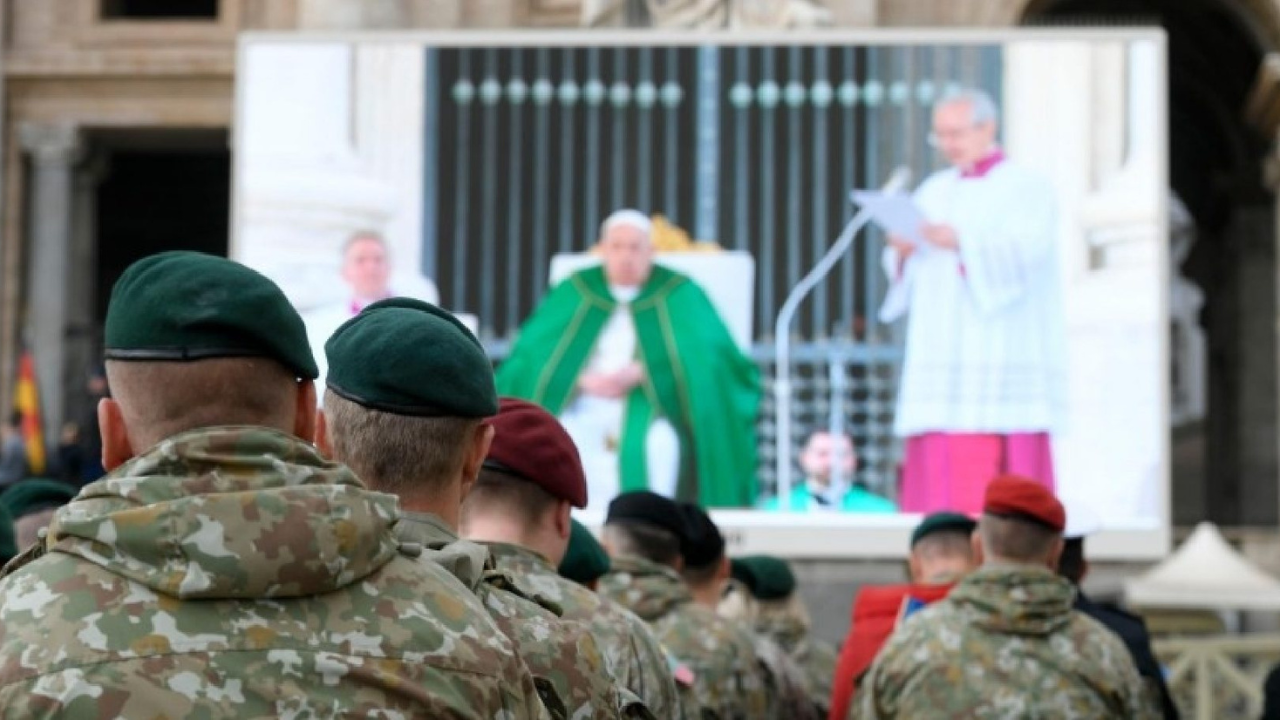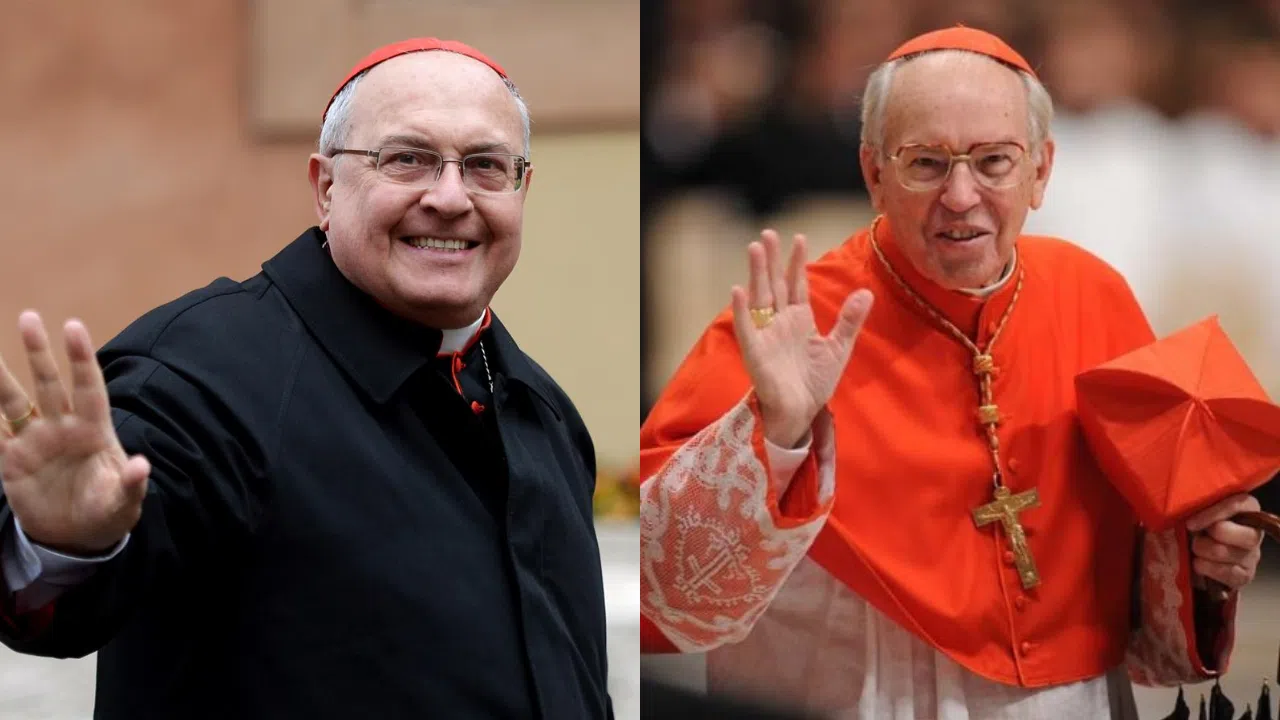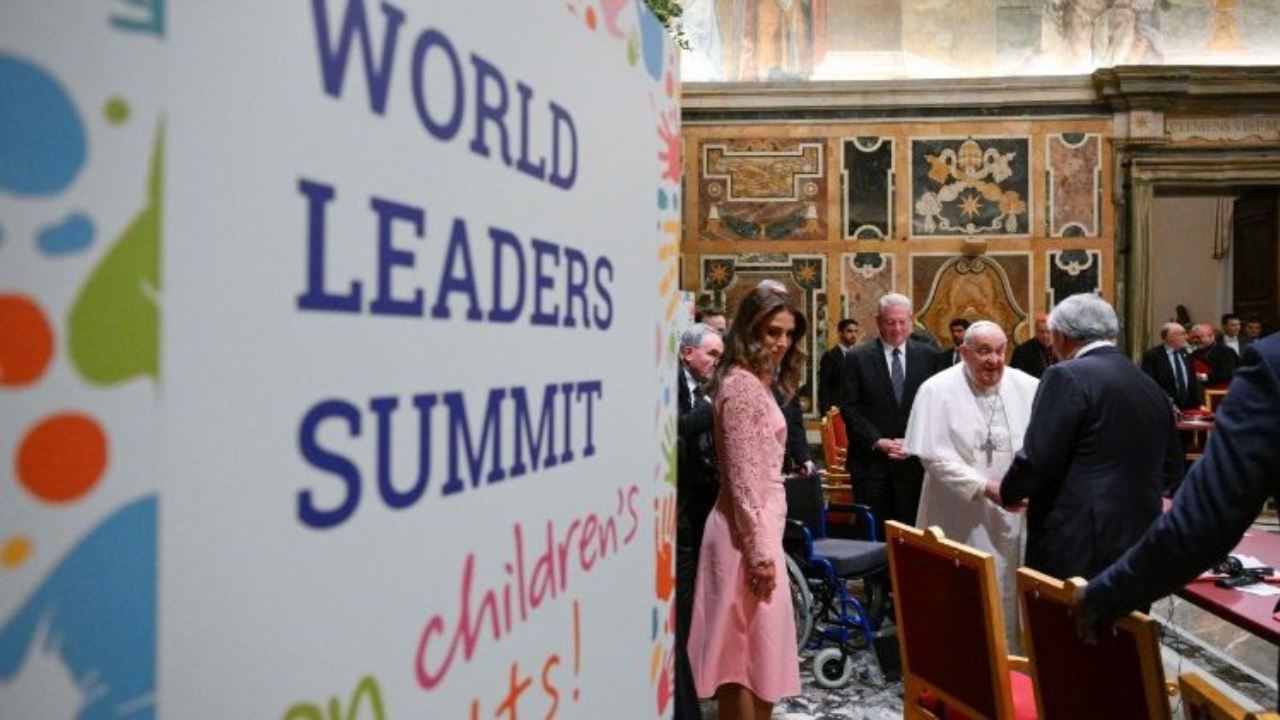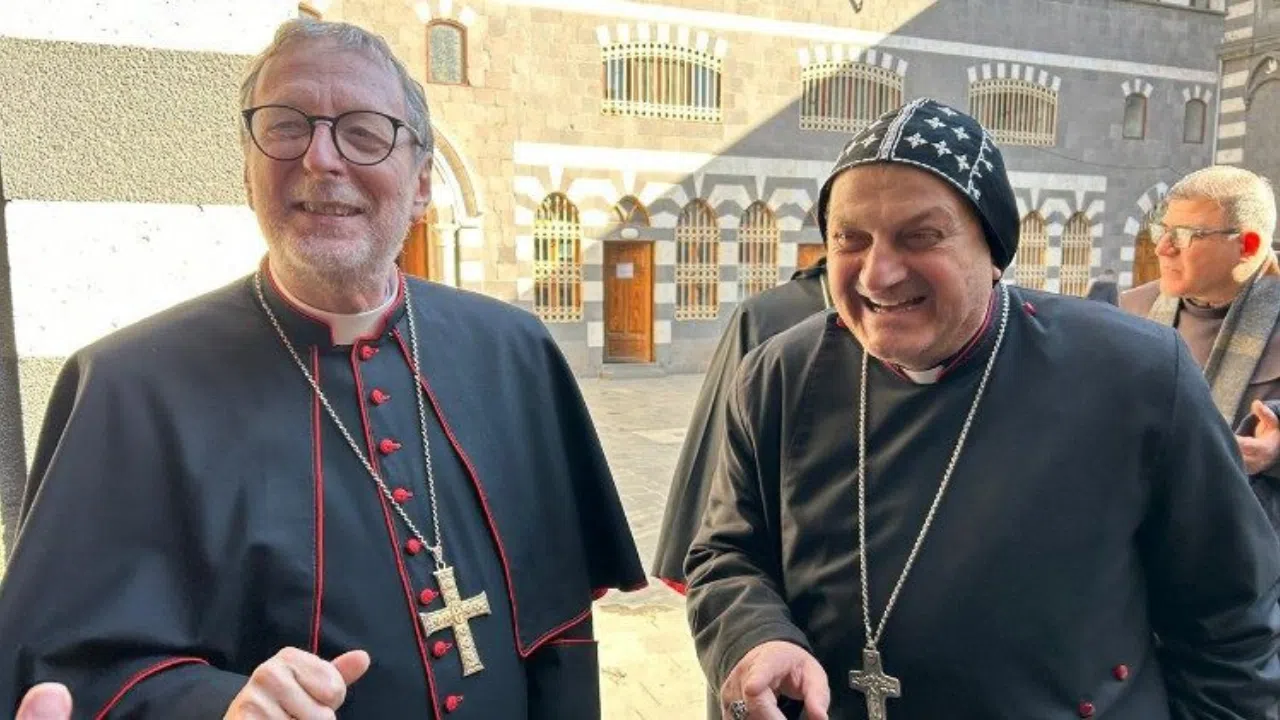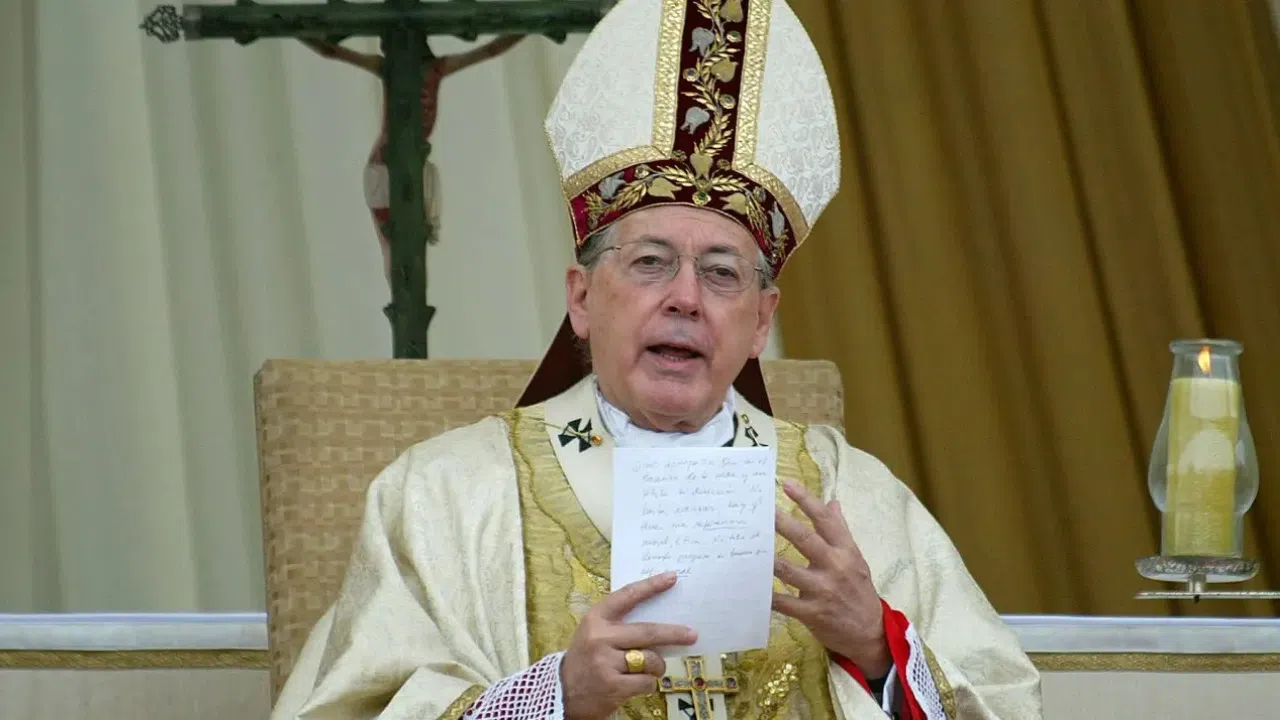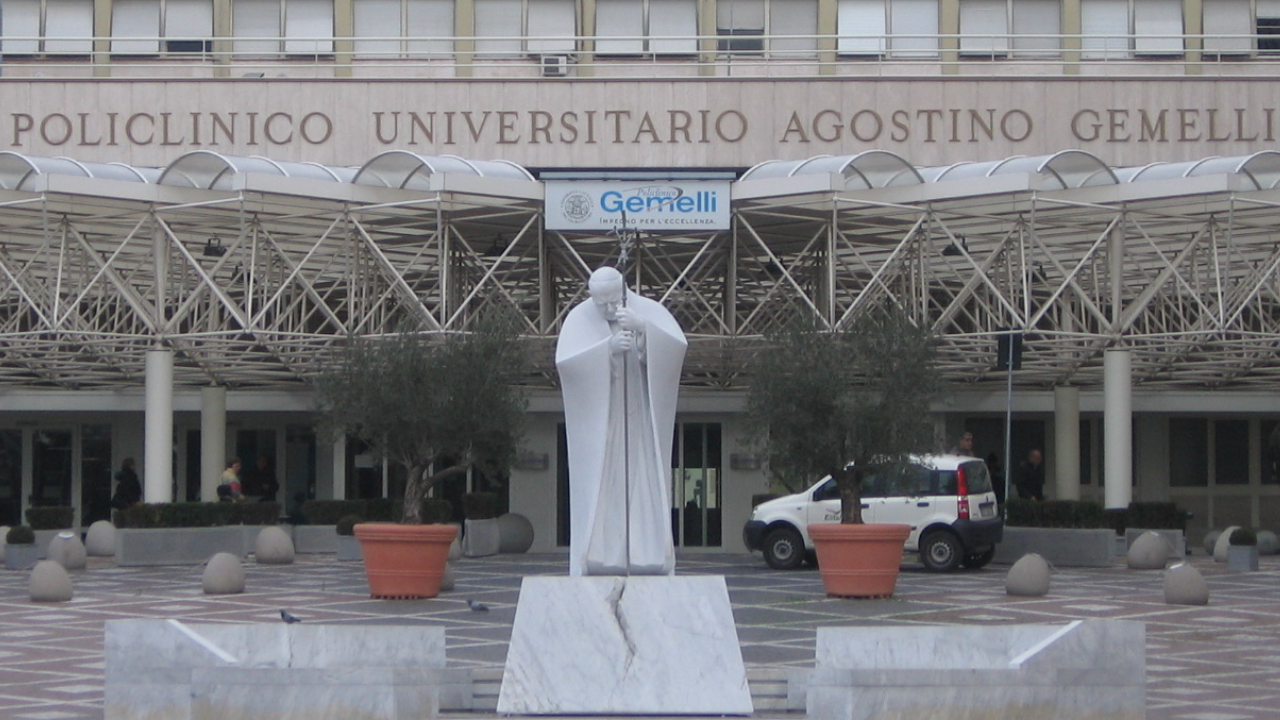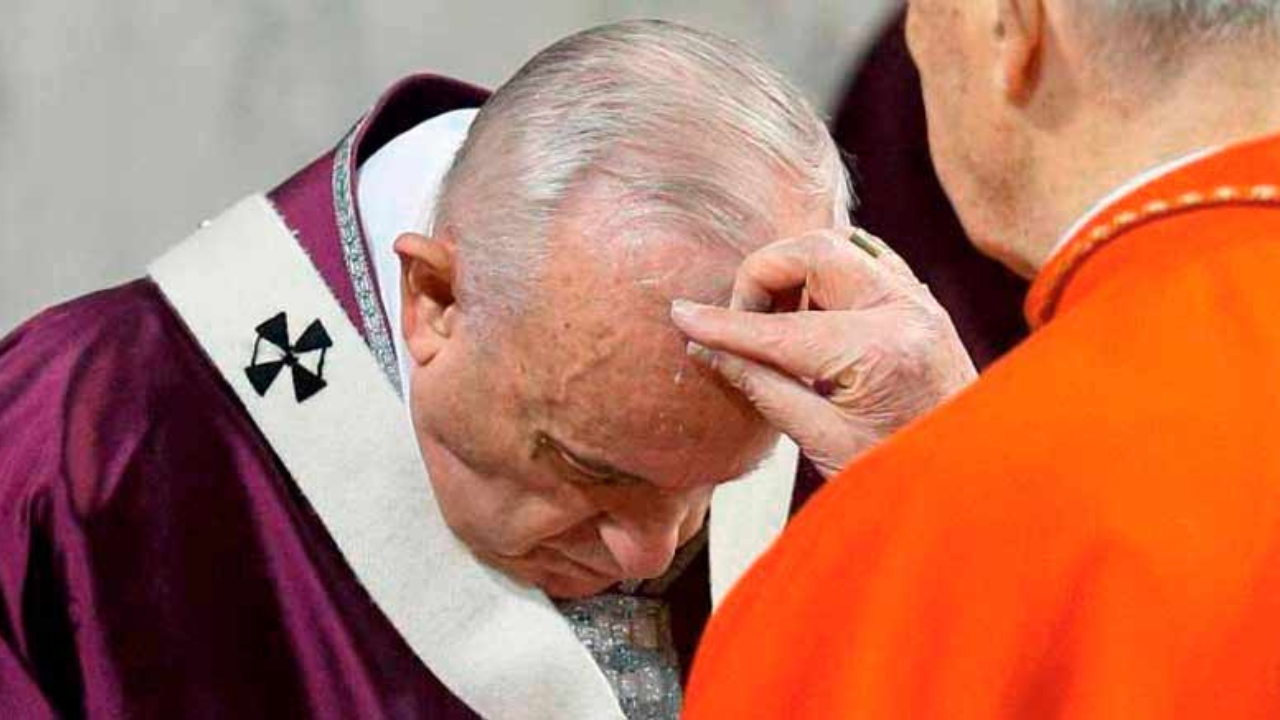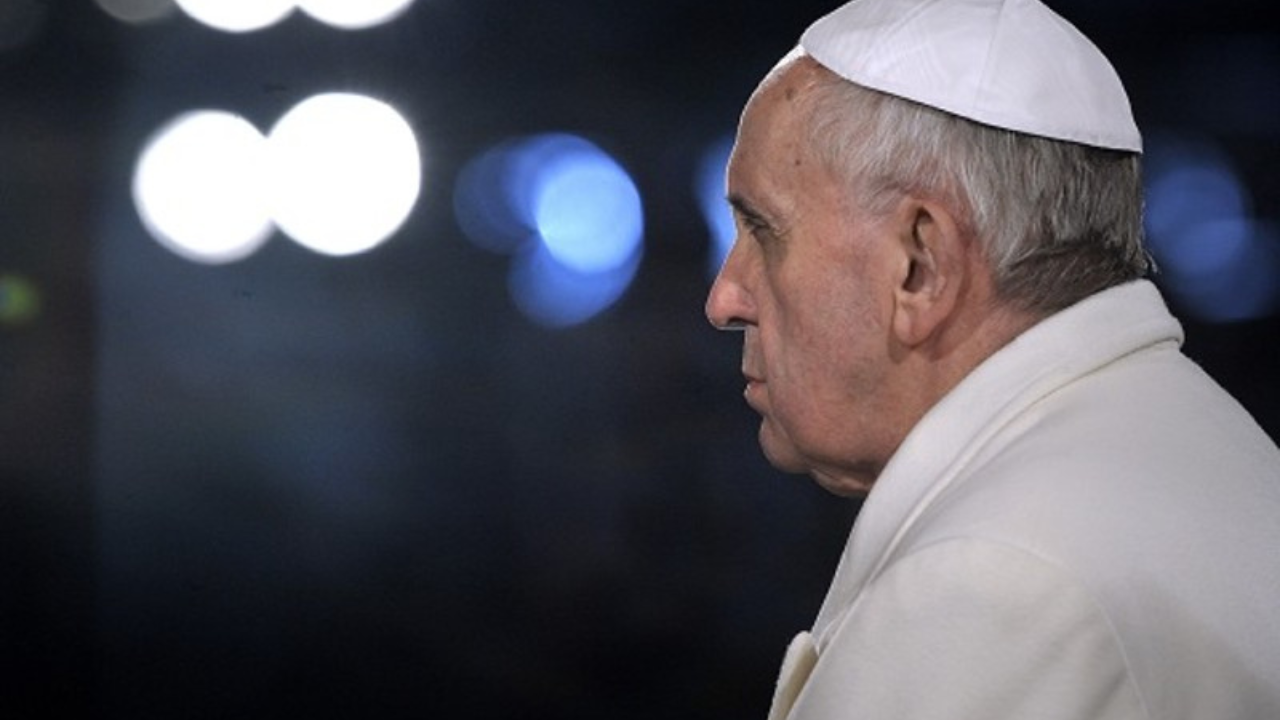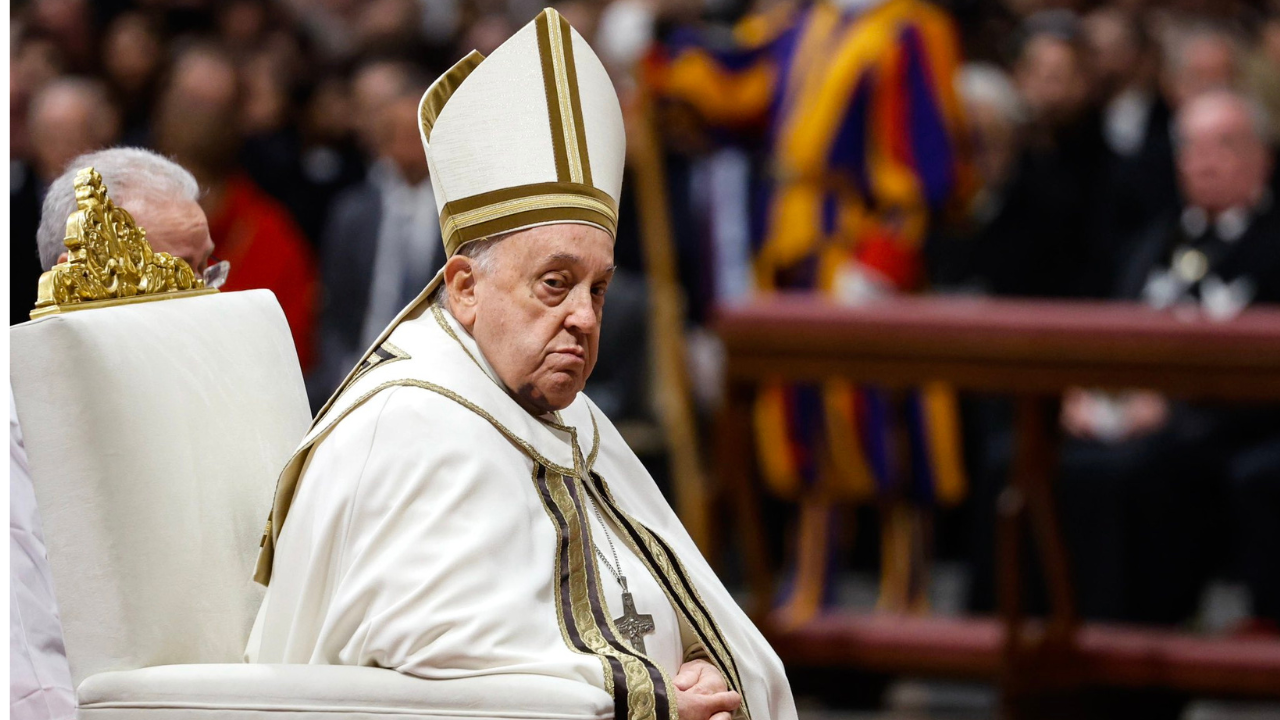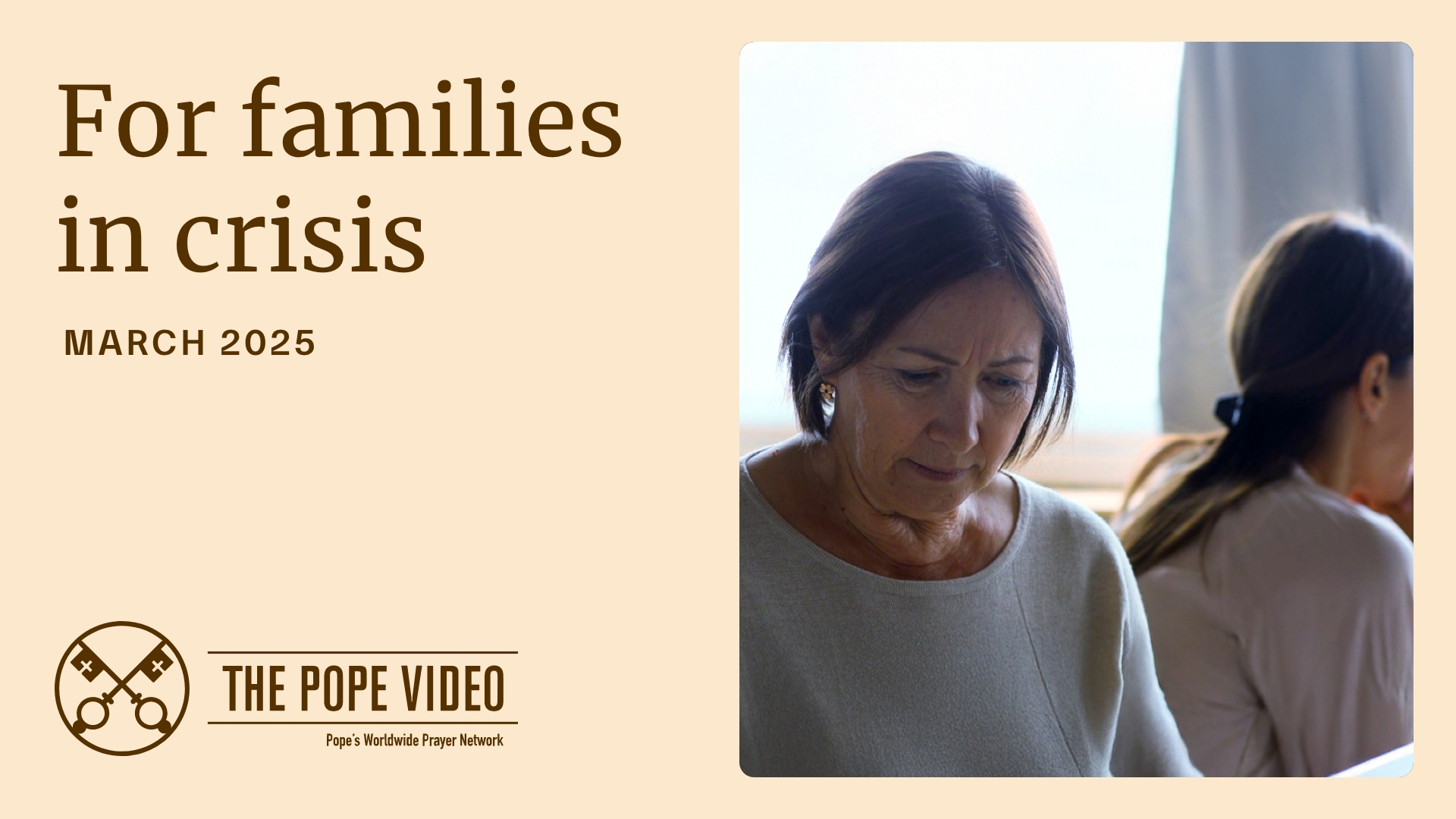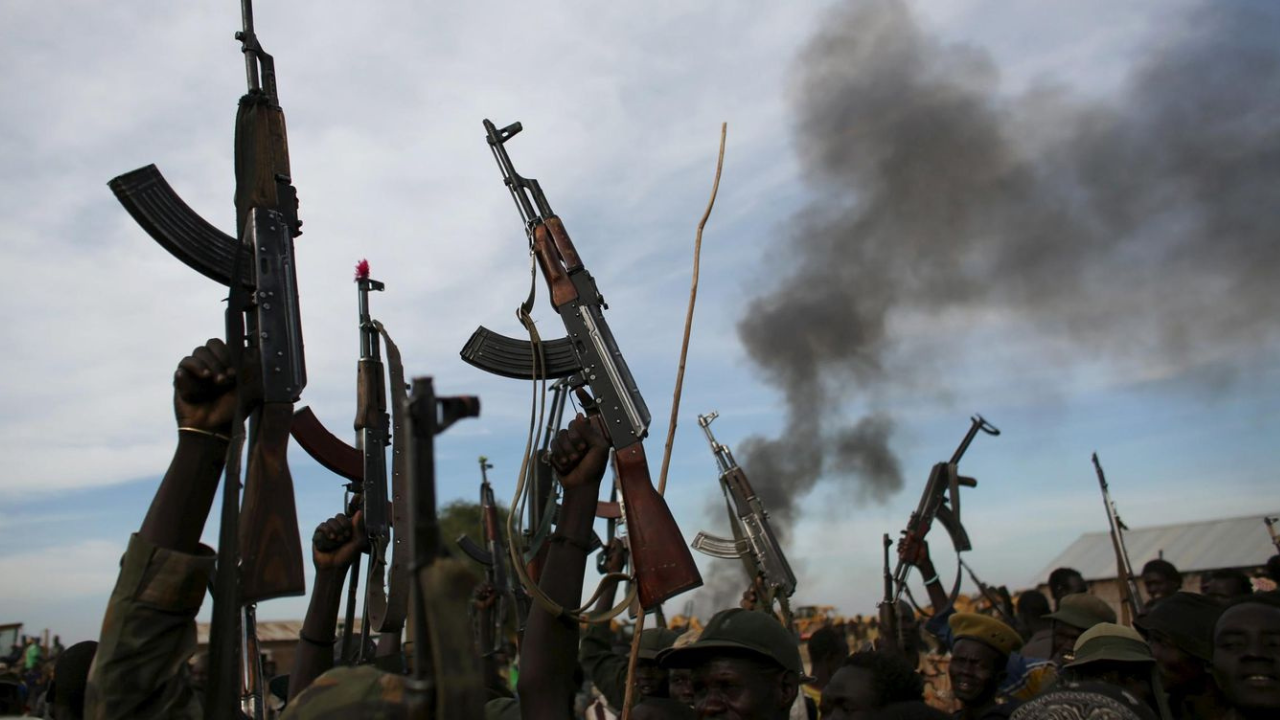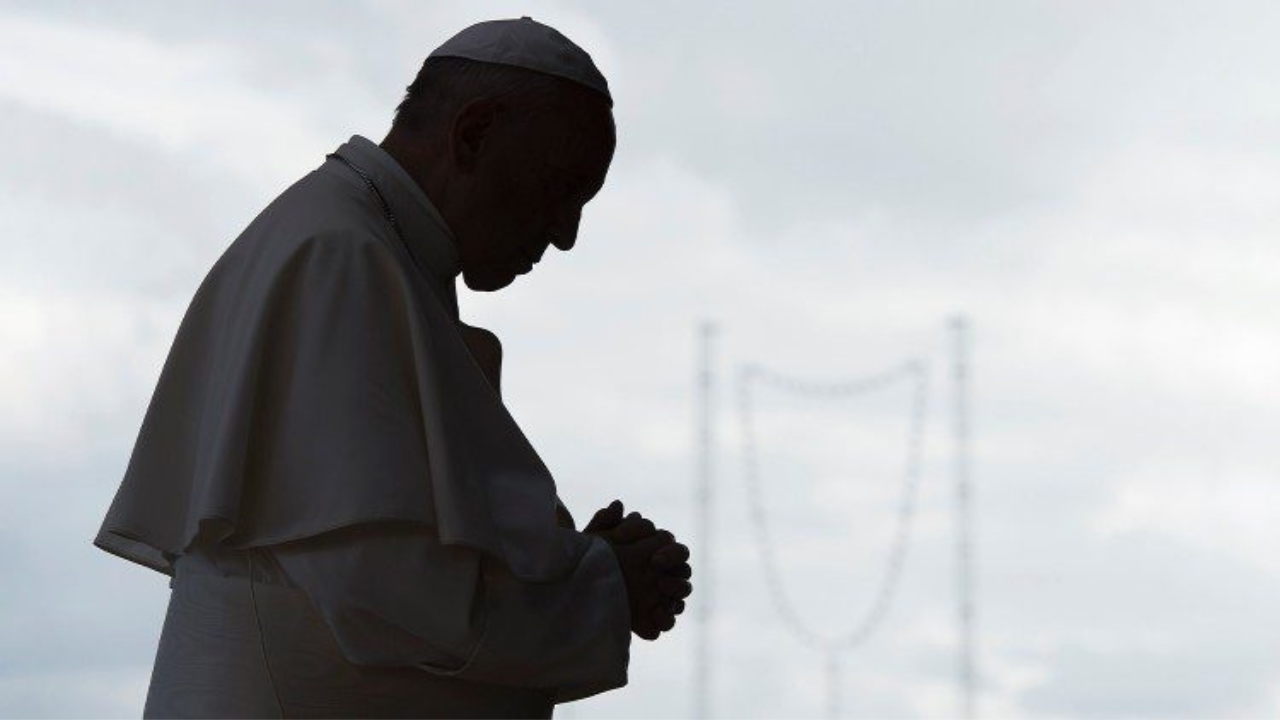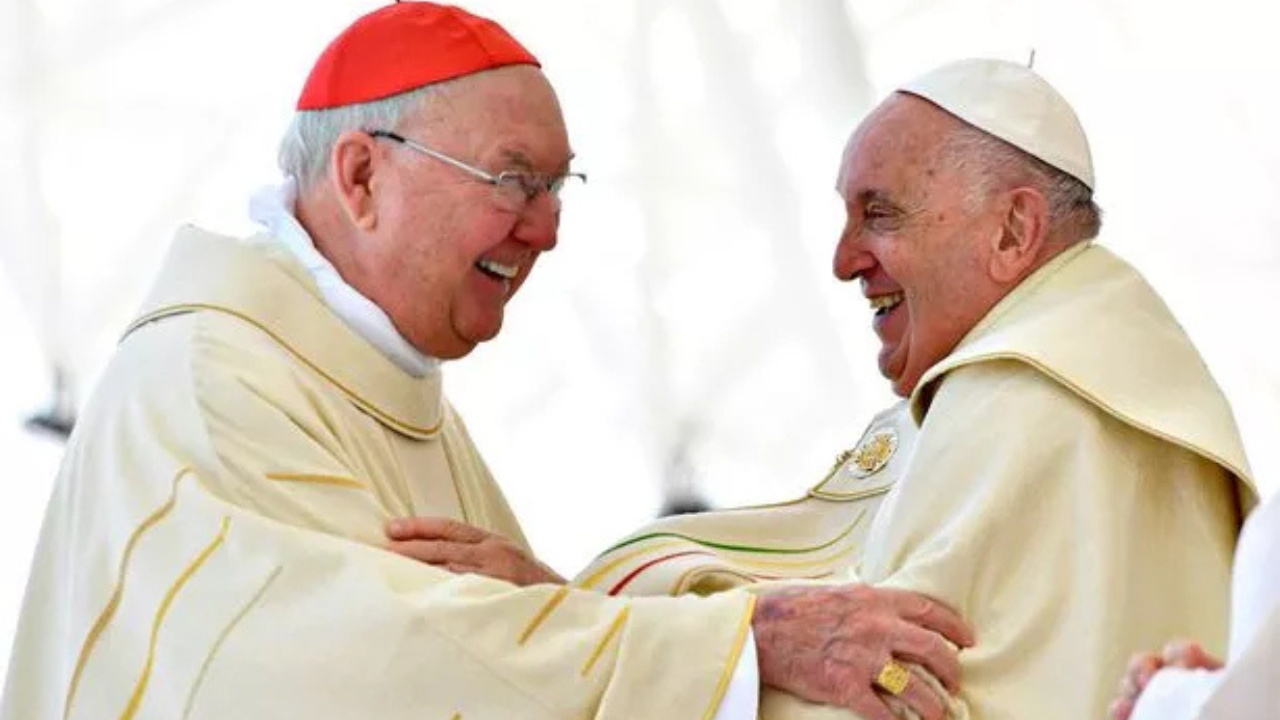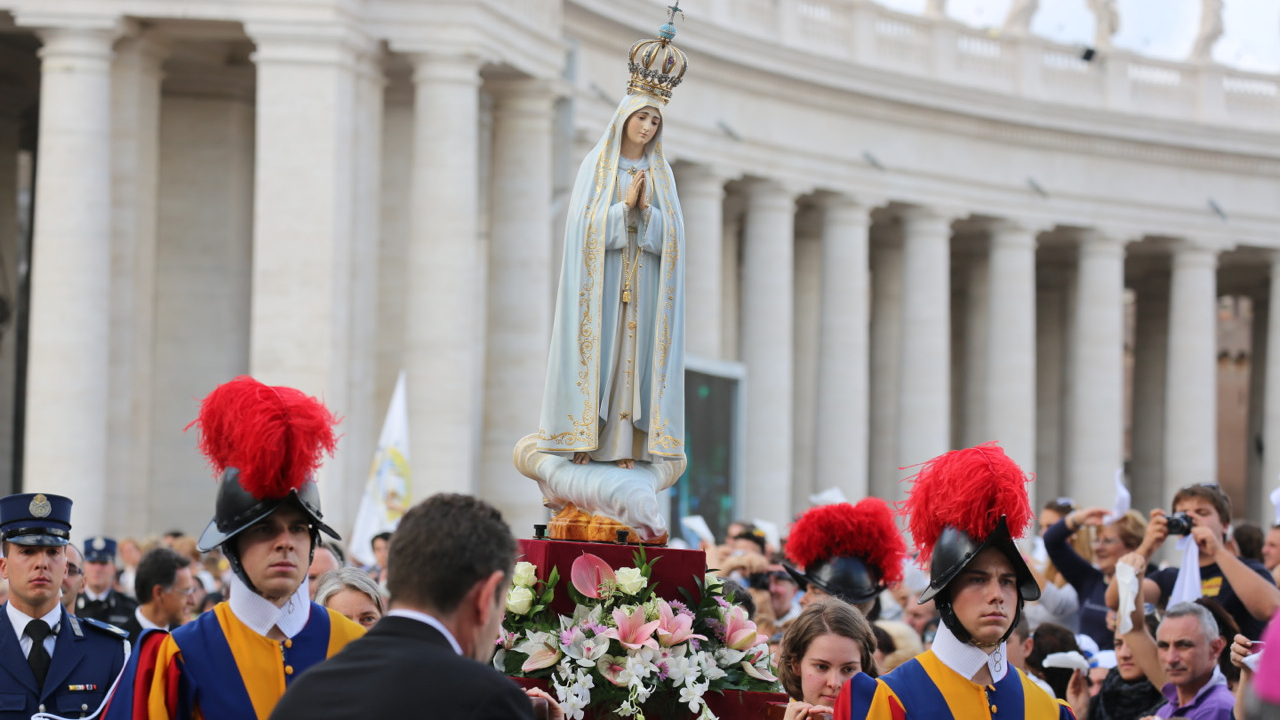During canonical processes, some victims are pushed to the sidelines. These victims were not even informed if their abuser was convicted. This lack of transparency had serious consequences. It led to distrust and to victims distancing themselves further from the Church.
In February, this fact united many of the victims and organizers of the world Summit on Abuse organized in the Vatican.
MIGUEL HURTADO
Ending Clergy Abuse
“Pontifical secrecy needs to end. That means not classifying internal investigations on pederasty as 'Top Secret.'”
MSGR. CHARLES J. SCICLUNA
Adjunct Secretary, Congregation for Doctrine of the Faith
“We can't leave victims without information. We need to let them know how the process ended.”
Pontifical secrecy is the professional nondisclosure that must be kept by workers who occupy certain important positions in institutions of the Holy See.
During the Summit on Abuse, many pointed out that modifying the secrecy policies would make it more difficult to conceal abusive priests. The key point is that when denunciations arise, the rights of victims should be prioritized.
This is how Canonical penal law expert, Davide Cito explained it. He works at the Pontifical University of the Holy Cross in Rome
DAVIDE CITO
Professor of Canonical penal law
“Pontifical secrecy should safeguard values, not cover-up negligence. We should avoid secrecy if it means preventing negligence or when those responsible are passing on the responsibility to others.”
This suggestion was highlighted by other notable bishops in the fight against abuse. Card. Sean O'Malley recognized that parts of the Curia's work process need to be changed.
CARD. SEAN O'MALLEY
Archbishop of Boston, USA
“One thing that was mentioned was revising the concept of pontifical secrecy.”
DAVIDE CITO
Professor of Canonical penal law
“Transparency does not go against pontifical secrecy. Transparency can bring together the rights safeguarded by pontifical secrecy with concrete demands. This is similar to what state or civic professions do with professional secrecy. Those rights don't go against transparency.”
From a different perspective, the pontifical secrecy could also be modified to widen its application in cases deemed necessary. Discretion is needed in these sensitive situations. For example, those in which victims would prefer to remain anonymous.
The reformation process of the Church in regards to abuse will be a long one. It implies new legislation, new ways of working and new structures. Above all, it implies a heightened sensitivity to the protection of minors and the formation of priests and other religious.

